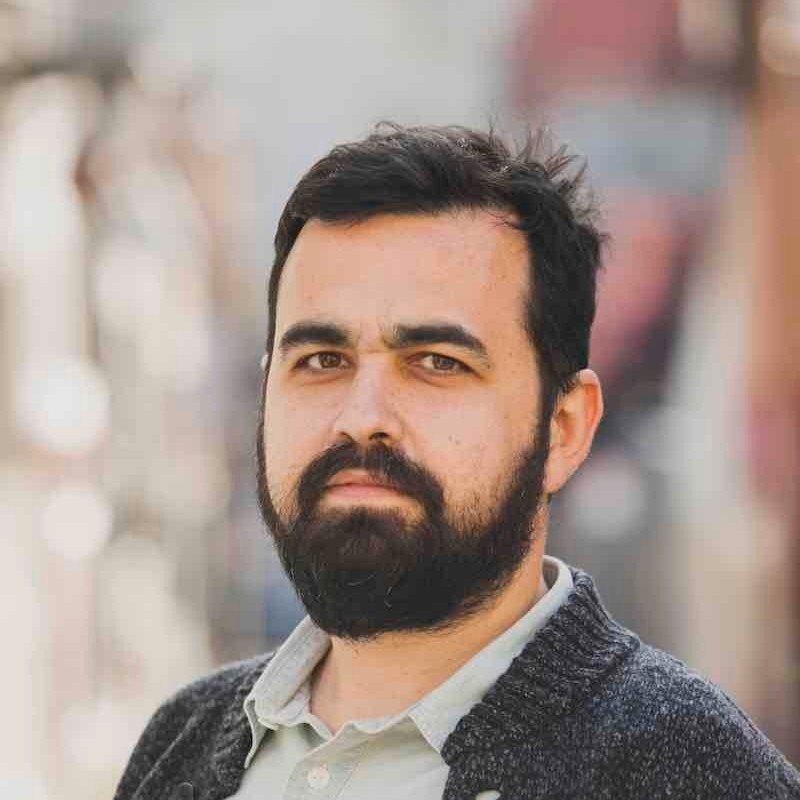
This week on The Data Stack Show, Eric and Kostas welcome John Wessel who will be taking over as the new co-host of the podcast as Kostas passes the baton. Kostas reminisces about his journey in starting the podcast and details the challenges of getting the show off the ground. He also shares his journey in the data world, the idea for beginning the podcast, and how his curiosity-driven approach to conversations with industry leaders has grown the show into the success it is today. Kostas also talks about stepping back to focus on a new data infrastructure venture, offering advice to the new co-host, John about what he can expect on the show. Don’t miss this episode!
Highlights from this week’s conversation include:
The Data Stack Show is a weekly podcast powered by RudderStack, the CDP for developers. Each week we’ll talk to data engineers, analysts, and data scientists about their experience around building and maintaining data infrastructure, delivering data and data products, and driving better outcomes across their businesses with data.
RudderStack helps businesses make the most out of their customer data while ensuring data privacy and security. To learn more about RudderStack visit rudderstack.com.

Each week we’ll talk to data engineers, analysts, and data scientists about their experience around building and maintaining data infrastructure, delivering data and data products, and driving better outcomes across their businesses with data.
To keep up to date with our future episodes, subscribe to our podcast on Apple, Spotify, Google, or the player of your choice.
Get a monthly newsletter from The Data Stack Show team with a TL;DR of the previous month’s shows, a sneak peak at upcoming episodes, and curated links from Eric, John, & show guests. Follow on our Substack below.